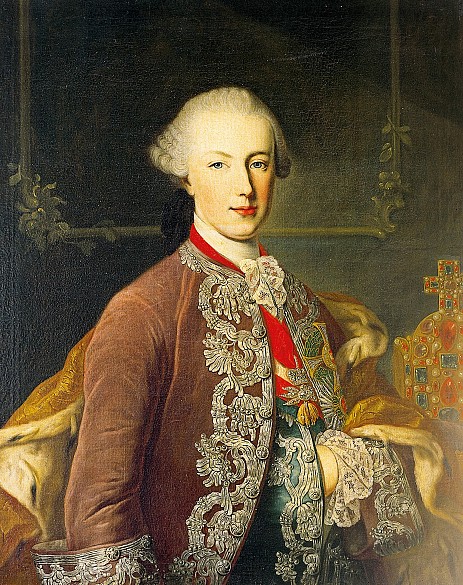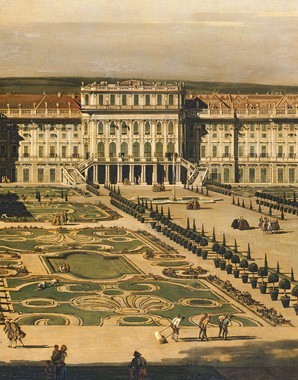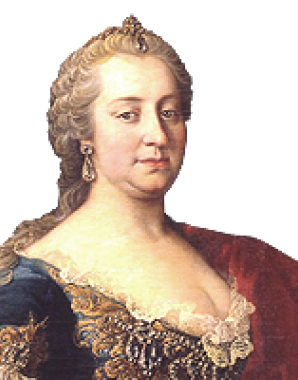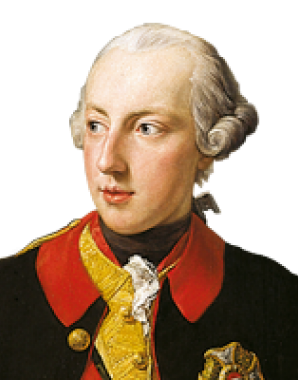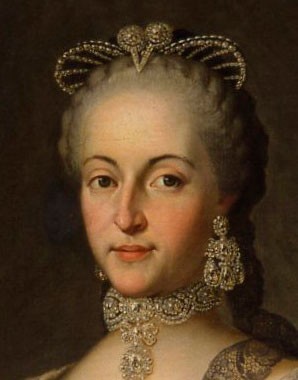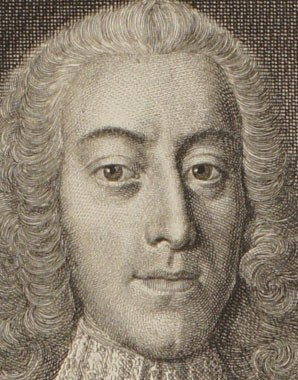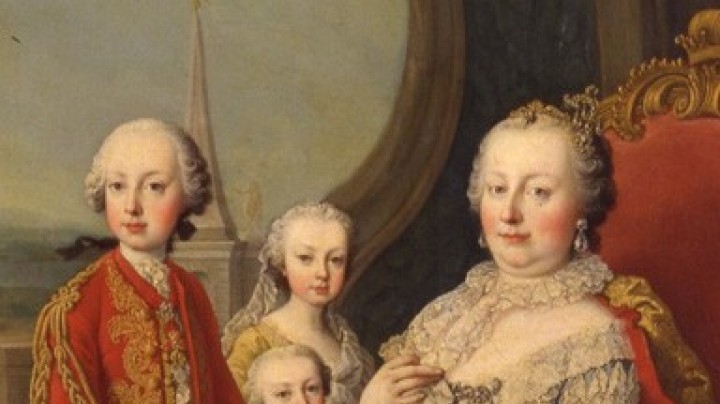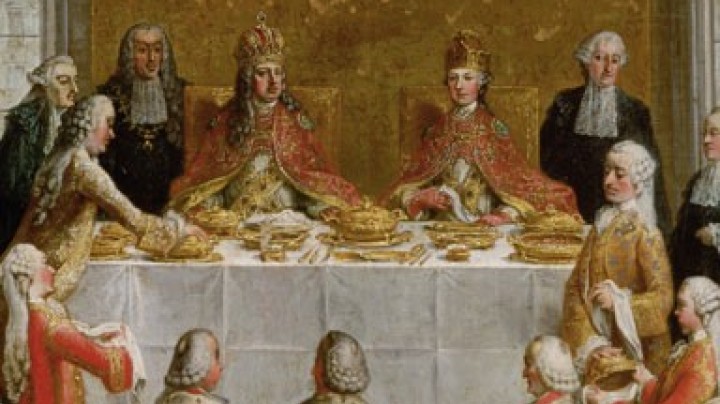The party continues: private performances by the imperial children
Lessons in music and dancing had always formed an integral part of the education of the sons and daughters of the aristocracy at European courts. It was also a matter of course for rulers and their consorts to take leading roles in heavily symbolic theatrical productions.
Maria Theresa’s children also received a musical education; while all of them learned keyboard instruments, the boys also learned the violin and the girls were given singing lessons. They also participated in numerous operatic performances, ballets and theatrical productions. It was customary for famous singers and dancers to be engaged to teach the children of the aristocracy.
However, not all the members of the court household approved of the musical and dramatic education of the children. The head of the court household, Prince Khevenhüller-Metsch, noted disparagingly that the children’s minds
are kept from serious occupations and their natural inclination to merrymaking and vain amusements too much excited [if] the young gentlefolk are applied so early and almost before all other occupations to the theatre.
The marriage of Joseph II and his second wife, Maria Josepha of Bavaria, in 1765 was marked by a series of festive performances at Schönbrunn Palace in which all the roles were played by members of the imperial family and the nobility.
Maria Theresa’s children made a gift to their brother and his wife of a performance of the comic opera Il parnasso confuso by Christoph Willibald Gluck in the Salle de bataille, the present-day Hall of Ceremonies. Prince Khevenhüller-Metsch enthused over this performance in his journal: ‘It was truly and sans flatterie one of the finest [Spectacles] that was perhaps ever performed at a court …’
The archduchesses Maria Josepha, Maria Elisabeth and Maria Karolina played three Muses while Maria Amalia took the role of Apollo. The libretto was by the Italian poet Pietro Antonio Metastasio (1698–1782), whom Charles VI had summoned to the Viennese court and who was still predominantly responsible for supplying the texts for the Viennese court theatres. Metastasio complained of both the strict ceremonial governing the costumes for the children which had to be taken into account when developing the roles and the limited time available for preparation and rehearsals.
The three youngest children of the Empress were also to be seen on the stage during the wedding festivities, in the ballet Il trionfo d'amore: Ferdinand and Maria Antonia (Marie Antoinette), played a pair of bucolic lovers, while Maximilian took the role of Amor, the god of love, with a pair of wings attached to his back.

